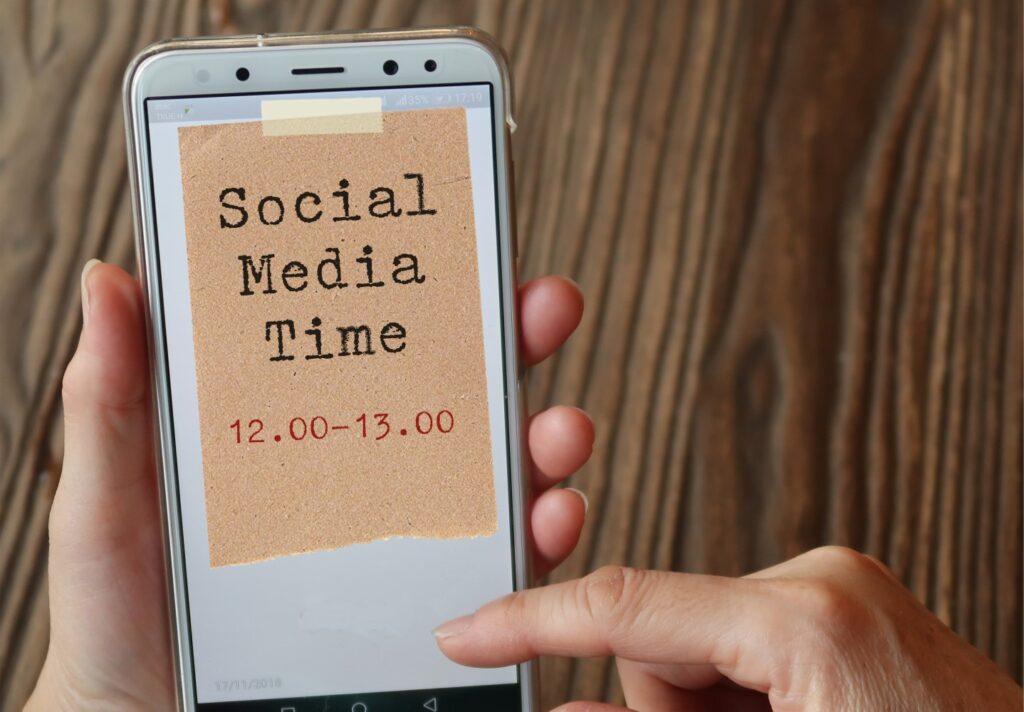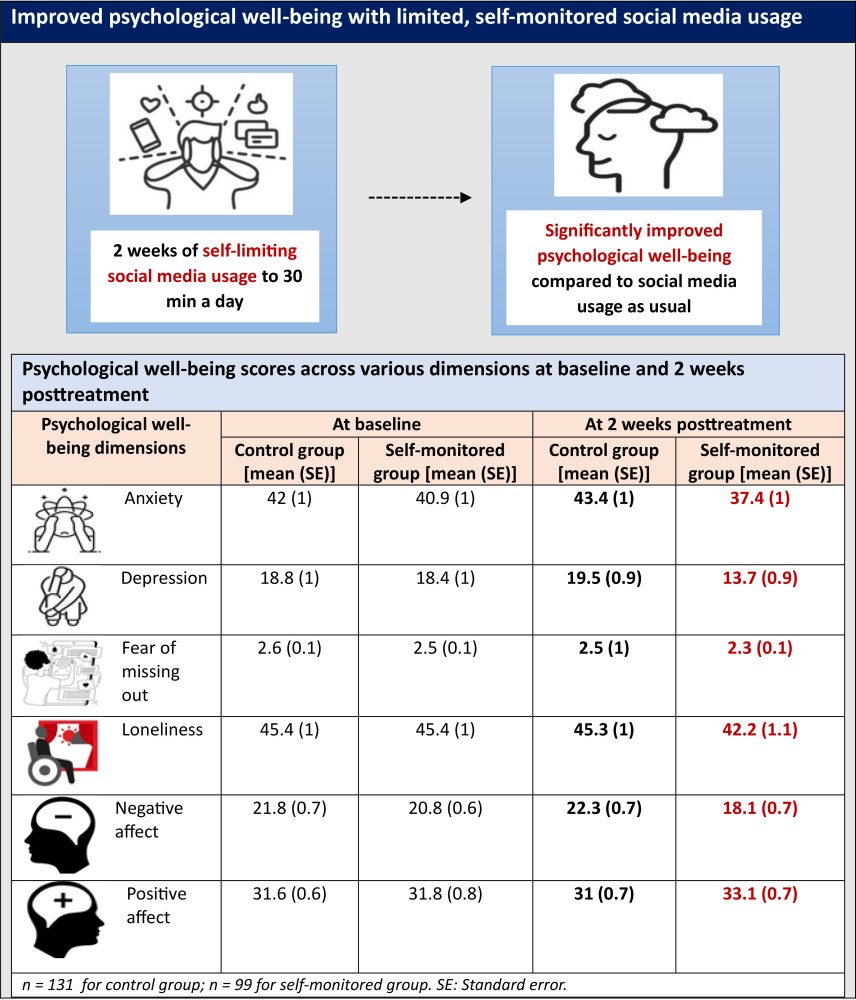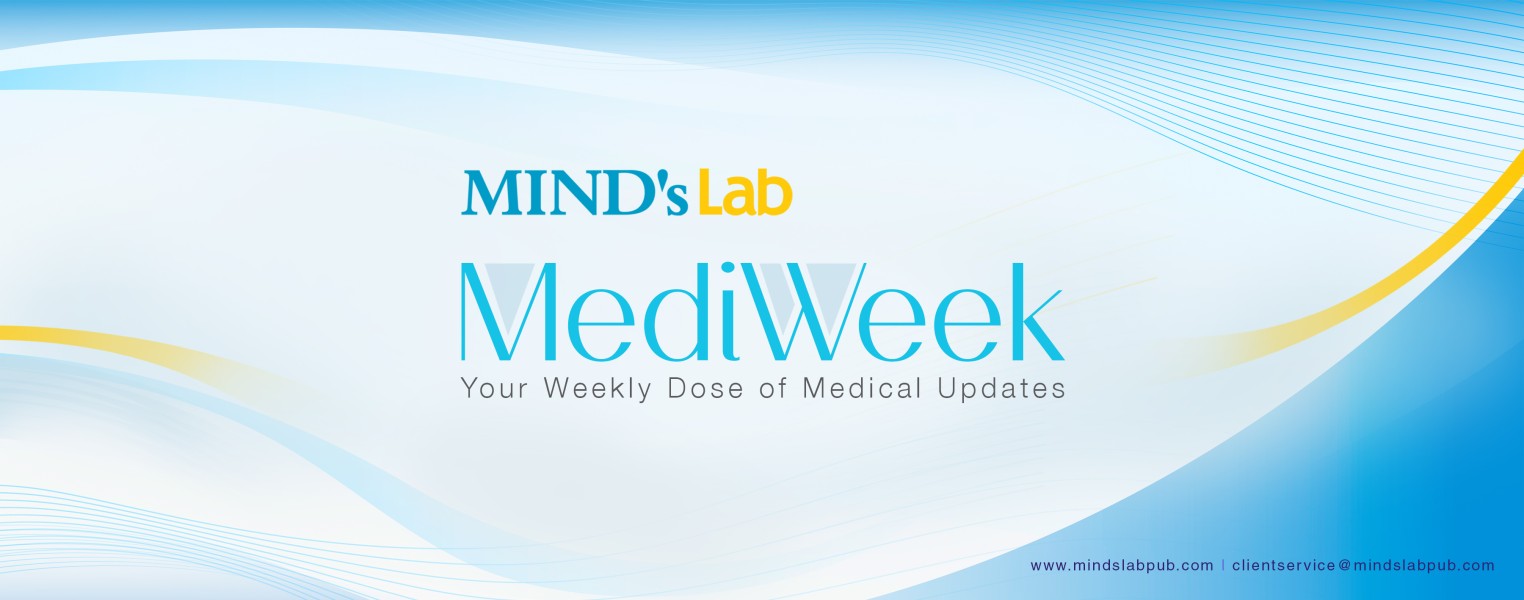
Self-limiting social media usage improves psychological well-being across multiple dimensions, suggest new findings from a study by Faulhaber et al. The study, published in the journal “Technology, Mind, and Behavior”, showed that participants who self-limited their social media use to 30 min a day for 2 weeks had significant improvements across various psychological well-being measures, including anxiety, depression, loneliness, fear of missing out (FoMO), and positive and negative affect, compared to participants who used social media as usual.
This was a longitudinal, experimental study that enrolled 230 undergraduate students (mean age: 22 ± 5.2 years; 73% females) from a large Midwestern university. Students were eligible to participate in the study if they owned a smartphone and had at least one social media account. The participants were randomized to either limit their social media use to 30 min a day (limited, self-monitored group; n = 99) or to use social media as usual (control group; n = 131) for 2 weeks.
Data regarding demographics and social media usage (platforms used, self-reported social media time, and social media time assessed by screenshot of usage time from system wellness smartphone application) were collected and analyzed. Validated scales were used to evaluate psychological well-being measures including anxiety (Spielberger State–Trait Anxiety Inventory questionnaire), depression (Center for Epidemiologic Studies Depression Scale), loneliness (20-item University of California, Los Angeles Loneliness Scale, Version 3), FoMO (FoMO scale), as well as positive affect (the tendency to experience positive emotions) and negative affect (perceiving life in a predominantly negative way; assessed by Positive and Negative Affect Schedule).
The main study findings are discussed below:
- The most frequently used social media platforms were Instagram (22%), Snapchat (21%), TikTok (15%), YouTube (14%), and Facebook (11%).
- The average total daily minutes of social media usage was 195.4 min (3 h 25 min). TikTok was used for the highest average total daily minutes (95 min), followed by YouTube (87 min), Snapchat (80 min), Facebook (59 min), and Instagram (57 min).
- Pretreatment assessment of psychological well-being indicated that a considerable proportion of participants were anxious, depressed, and lonely.Clinically significant symptoms of anxiety were reported by 50% of the sample. Some degree of depressive symptoms were experienced by majority of the subjects: 39% had mild depression, while 20% had major depression. Additionally, 44% of the participants showed high degree of loneliness.
- At 2 weeks posttreatment, the self-monitored group showed significant improvements in all the assessed indicators of psychological well-being compared with the control group (Graphic). Specifically, there was a significant decrease in the levels of anxiety, depression, FoMO, loneliness, and negative affect and an increase in the level of positive affect in the self-monitored group vs. the control group.

Clinical implications
- The encouraging findings of this study suggest that limiting social media use can serve as a practical approach for improving psychological well-being.
- This study is one of the first to experimentally explore viable alternatives to complete abstinence from social media use, which may not be sustainable for the average user, or externally imposed limitations on usage.
- In future research, it would be valuable to explore the motivations and feelings of study participants through qualitative investigations.
(Source: Faulhaber ME, Lee JE, Gentile DA. The effect of self-monitoring limited social media use on psychological well-being. Technol Mind Behav. 2023. Doi: 10.1037/tmb0000111)
